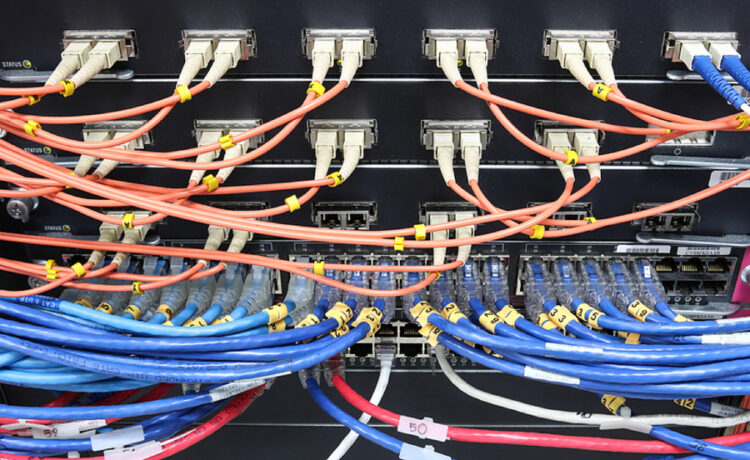A network switch is a piece of networking hardware that connects computers and transfers data to and from those computers using packet switching. Business owners need to have a well-designed network architecture for their small businesses. Spyware and viruses tend to target smaller networks more frequently than larger ones because of software vulnerabilities.
Many smaller companies also utilize switches to link various devices in a building or campus, such as servers, PCs, printers, and more, to form a network.
Using inexpensive switches to distribute shared data and resources across a small business network can increase company efficiency.
Cisco CBS110 POE will fuel the rise of the global small business network switches market during the forecast period.
Explain Plug And Play
The installation doesn’t need any special tools or expertise. As the name implies, they must plug the cable into the wall at either end. The truth is that many cities have relied on their electricians to finish up the last-minute plug-and-play installations.
You don’t have to make any sacrifice in quality for the sake of ease of deployment. Plug-and-play cables are guaranteed to meet the highest optical performance, geometry, and polish requirements because they are pre-terminated in a clean room. After the deployment, operators can simply order additional lengths of pre-terminated wire and store them in cable boxes.
The Advantages Of Controlled Switches
Among the several benefits of managed switches over their unmanaged counterparts are:
Cost savings:
You can save a lot of money if you need a lot of ports or fast connections by switching to a managed switch instead of an unmanaged one.
Protecting Your Network from Unauthorized Access:
These switches have built-in firewall features. Firewalls can filter incoming network traffic according to protocols, ports, IP addresses, or other details.
Flexibility:
A managed switch can add more nodes to accommodate increasing bandwidth demands, while an unmanaged switch would necessitate purchasing a new one.
Administration:
This switch allows you to remotely configure settings instead of physically visiting each device in your network.
Finale Takeaway
If you’re unfamiliar with networking, a managed switch is easier to set up and a good choice. And if you have a router on hand, you can save some cash by repurposing it. Your needs and the location of your switch will determine the optimal option. An unmanaged switch is your best bet if you’re seeking simplicity. But a controlled switch is the way to go if you care about reliability.









